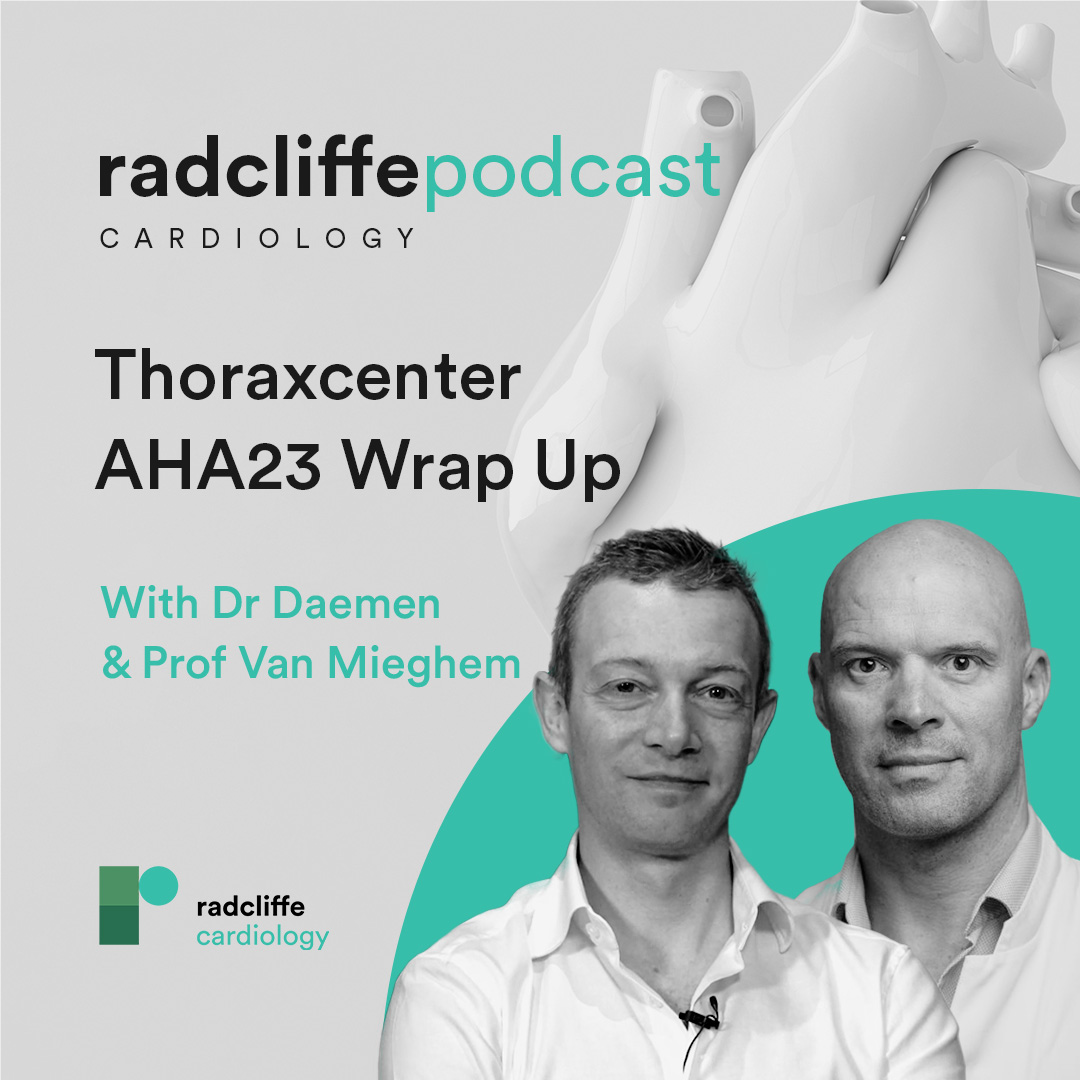
What's hot at #AHA23? Listen to the podcast version of the popular review series.
Join Prof Nicolas Van Mieghem and Dr Joost Daemen (Thoraxcentre, Erasmus MC, Rotterdam, NL) as they review the latest late-breaking science data from AHA Scientific Sessions 2023.
They interpret the evidence from five key trials, providing context, asking thought-provoking questions to translate the data into key take-home messages for practice and research.
Trials Covered include:
00:20 - DAPA-MI: Dapagliflozin Effects on Cardiometabolic Outcomes in Patients With an Acute Heart Attack
06:30 - ORBITA-2: Percutaneous Coronary Intervention for Stable Angina: A Randomised, Placebo-Controlled Trial
12:39 - A Sub-Analysis of the Prospective ECLS-Shock Trial
16:13 - ARTESiA: Apixaban for the Reduction of Thrombo-Embolism in Patients With Device-Detected Sub-Clinical Atrial Fibrillation
10:02 - SELECT: Semaglutide and Cardiovascular Outcomes in Patients With Overweight or Obesity Who Do Not Have Diabetes
We value your opinion! Share your feedback by commenting on this page or sending us an email at info@radcliffe-group.com.
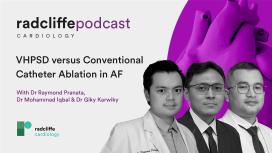

Supported by an unrestricted educational grant from NOVO NORDISK A/S.
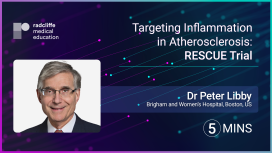
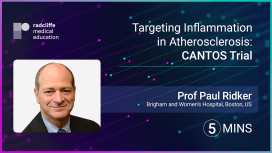
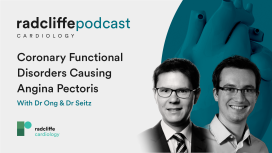
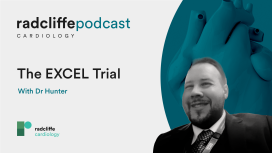
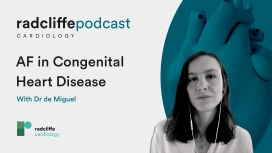
Dr Irene Martin de Miguel (Hospital General Universitario Gregorio Marañón, Madrid, Spain) joins us in this featured author episode to outline her recent review article, Atrial Fibrillation in Congenital Heart Disease. In this podcast, Dr de Miguel provides an overview of the current knowledge of AF in CHD, giving practical recommendations for your everyday practice.
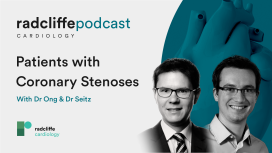
Today's episode features co-hosts Dr Peter Ong and Dr Andreas Seitz (Robert-Bosch Hospital, Stuttgart, DE) who together summarise the main results from the TARGET FFR and DEFINE-FLOW trials that were presented at TCT Connect 2020 and published recently in ECR journal, in the context of the existing literature.
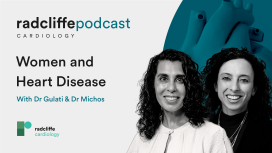
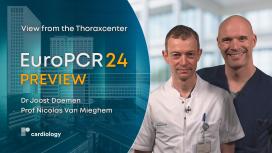
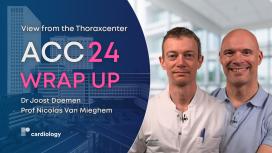
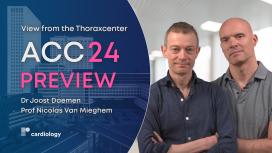
Join interventional experts, Prof Nicolas Van Mieghem and Dr Joost Daemen (Thoraxcenter, Erasmus MC, Rotterdam, NL) to learn more about this year’s key late-breaking and featured science trials that have the potential to shape practice and research.

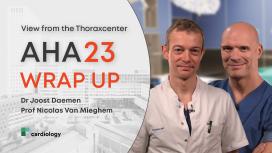
They interpret the evidence from five key trials, providing context, asking thought-provoking questions to translate the data into key take-home messages for practice and research.





